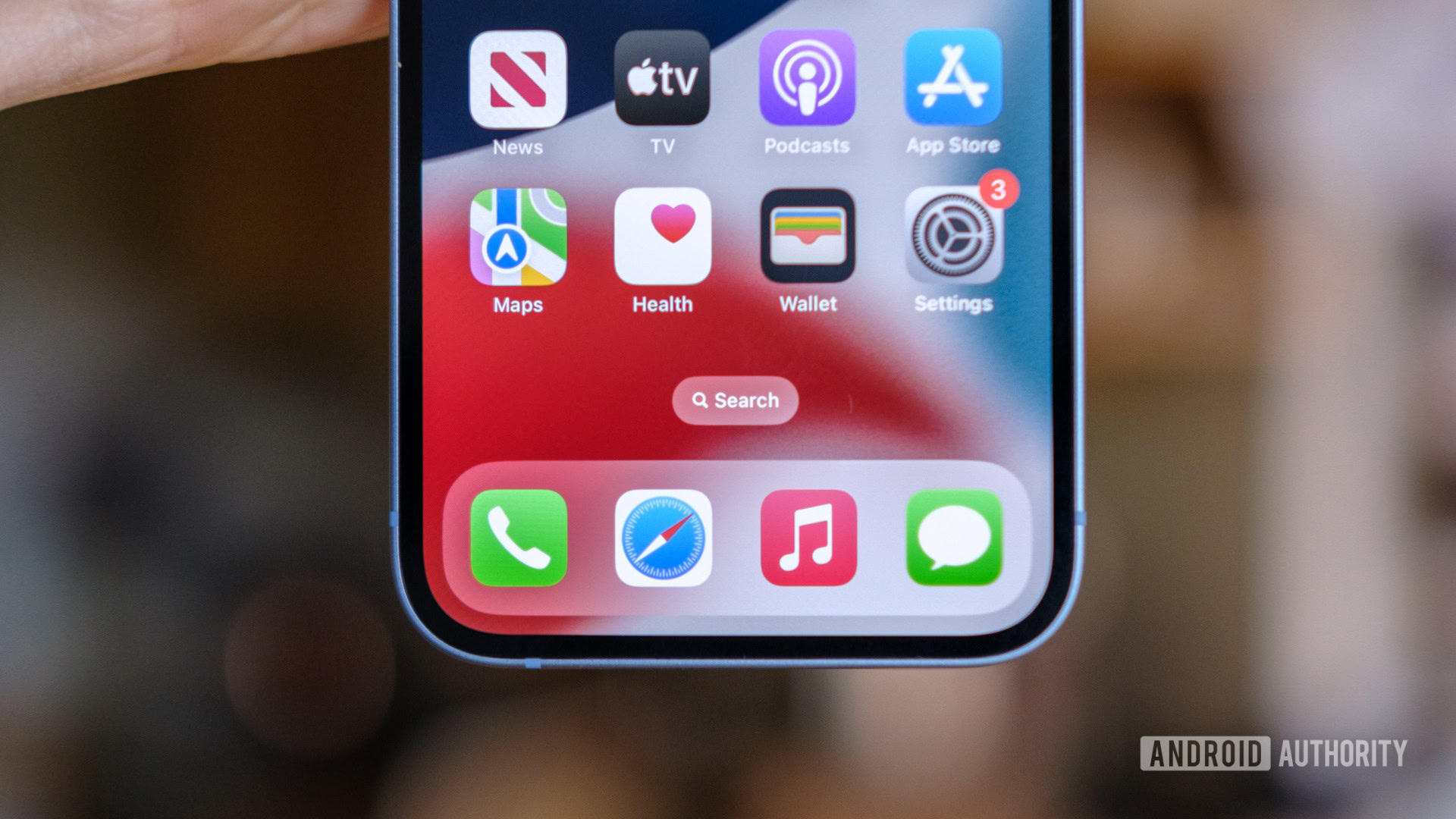Affiliate links on Android Authority may earn us a commission. Learn more.
Apple is changing how Android affects iMessage, but not in the ways you want

- iMessage will handle Android users in group chats a bit differently in iOS 17.
- Unfortunately, the experience will get better for iPhone users, not Android users.
- It’s possible Apple has more changes in store for future iOS 17 beta rollouts.
In the United States, iMessage is a big deal. Rather than use WhatsApp or any of the countless other cross-platform messaging apps, US-based iPhone users are addicted to iMessage. This creates huge problems for Android users, whose “green bubbles” come in and ruin group chats and break iMessage features.
Google has gone on the offensive with this problem over the past two years. First, it started calling out Apple directly, imploring the company to adopt a cross-platform texting standard called RCS. Then, it started playing a bit dirtier by making certain features a one-way street. For example, Android users can now react to iMessage texts with an Emoji, but the iPhone user will not see it properly. Meanwhile, if an iPhone user reacts to an Android message with an Emoji, it comes through just fine on Android.
Now, with iOS 17, it looks like Apple is starting to play dirty as well (via XDA-Developers). In the first beta of iOS 17, there are a few changes that work for iPhone users within an iMessage group chat. However, these features do not carry over to the Android side — at least, not yet. In other words, Apple is working hard to make the pains of iMessage and Android interoperability easier for its own users, kind of like how Google is doing with its own Messages app.
Regardless, here are the changes seen so far.
iOS 17 changes: iMessage and Android
- Text editing: Previously, once an Android user entered a group iMessage chat, iPhone users would no longer have the ability to edit texts. In the first beta of iOS 17, iPhone users can edit texts in group chats again. However, Android users can’t edit the texts and, crazily enough, also won’t be able to see the edits iPhone users make. We expect this behavior will change with later beta releases, as this would be incredibly confusing if certain chat members can’t see what every else sees. Then again, maybe that’s Apple’s intention.
- Thread replies: With an Android user in your group chat, iPhone users can reply to messages in a thread. However, like text editing, the Android user won’t see these messages as a thread. Instead, the messages will come in a steady stream, making it difficult for the Android user to parse out which message belongs where. Once again, this will cause a lot of confusion for Android users in a chat.
- Image and video quality: In iOS 16, if an iPhone user sends an image or video to a group chat that involves an Android user, everyone in the chat sees the same thing the Android user sees: a heavily compressed file that, depending on the original’s quality, could be barely comprehensible. In iOS 17, this gets slightly fixed for iPhone users. Now, images stay uncompressed for iPhone users, and videos get compressed slightly. Android users see no changes. In other words, iPhone users in the chat will have an OK time with images and videos shared, while Android users will continue to have a really bad time.
Once again, it is possible that Apple will alter these behaviors in future beta rollouts of iOS 17. However, the intention is pretty clear here: to make iMessage group chats better for iPhone users and the same or worse for Android users.